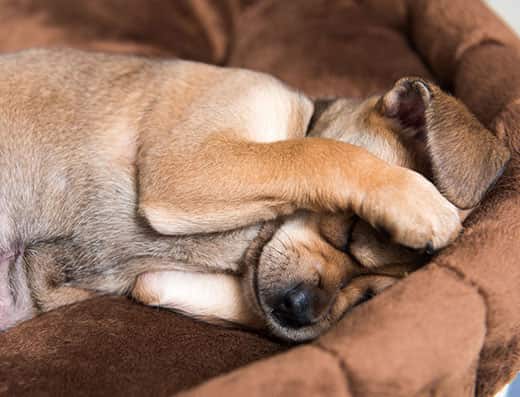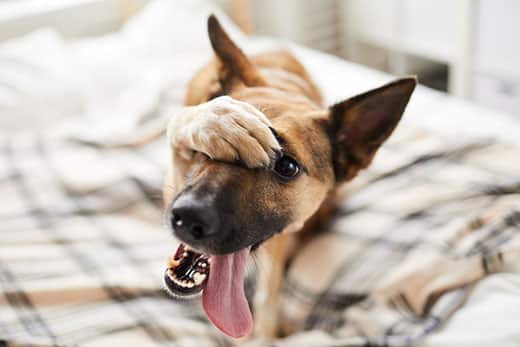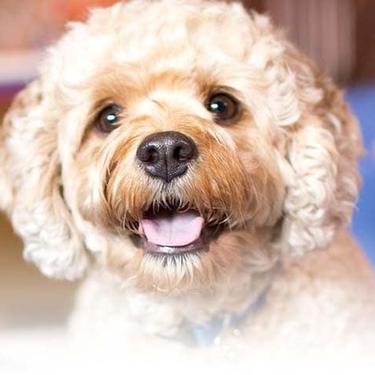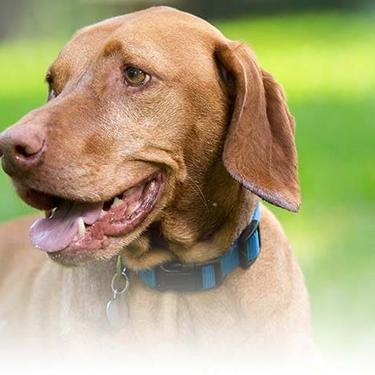
-
Find the right food for your pet
Take this quiz to see which food may be the best for your furry friend.
Find the right food for your pet
Take this quiz to see which food may be the best for your furry friend.
Featured products
 Adult Healthy Cuisine Roasted Chicken, Carrots & Spinach Stew Dog Food
Adult Healthy Cuisine Roasted Chicken, Carrots & Spinach Stew Dog FoodDelicious roasted chicken paired with tender vegetables in a succulent stew
Shop Now Adult 7+ Perfect Digestion Chicken, Whole Oats & Brown Rice Recipe Dog Food
Adult 7+ Perfect Digestion Chicken, Whole Oats & Brown Rice Recipe Dog FoodScience Diet's breakthrough nutrition supports ultimate digestive well-being & healthy microbiome for dogs age 7+
Shop Now Small & Mini Savory Stew with Chicken & Vegetables Dog Food
Small & Mini Savory Stew with Chicken & Vegetables Dog FoodA delicious complement to the nutrition of Science Diet Small & Mini 7+ dog food
Shop NowFeatured products
 Adult 7+ Tender Tuna Dinner Cat Food
Adult 7+ Tender Tuna Dinner Cat FoodWith delicious chunks in a decadent gravy
Shop Now Adult 7+ Senior Vitality Chicken & Vegetable Stew Cat Food
Adult 7+ Senior Vitality Chicken & Vegetable Stew Cat FoodImproves Everyday Ability to Get Up & Go
Shop Now Adult Savory Entrée Can Variety Pack Cat Food
Adult Savory Entrée Can Variety Pack Cat FoodPrecisely balanced nutrition with the delicious taste of savory minced chicken to help fuel the energy needs of cats during the prime of their life
Shop Now -
Dog
- Dog Tips & Articles
-
Health Category
- Weight
- Food & Environmental Sensitivities
- Urinary
- Digestive
- Joint
- Kidney
-
Life Stage
- Puppy Nutrition
- Adult Nutrition
- Senior Nutrition
Cat
- Cat Tips & Articles
-
Health Category
- Weight
- Skin & Food Sensitivities
- Urinary
- Digestive
- Kidney
-
Life Stage
- Kitten Nutrition
- Adult Nutrition
Featured articles
 Does My Pet Hate Me?
Does My Pet Hate Me?Learn tips for bonding with your pet if you've ever thought, 'My dog doesn't like me, or 'Why do I have a standoffish cat?'
Read More Why Are Dogs and Cats So Cute?
Why Are Dogs and Cats So Cute?If waggy puppy dog tails and furry kitten yawns make you swoon, you're not alone. Why are cats so cute? And, dogs too! Let's find out!
Read More Do Dogs and Cats have Belly Buttons?
Do Dogs and Cats have Belly Buttons?Learn whether cats & dogs have belly buttons like humans, what the function is, and if there are any health concerns associated with it.
Read More -


It's an Instagram-worthy moment when your pooch puts their paws over their face. But while a dog covering their face is adorable, what makes them do it? Curious as to why your dog hides their face? Read on to learn more.
Why Does My Dog Cover Their Face?

Dogs rely heavily on body language to communicate, and hiding their faces, or covering their nose is just one way they try to tell you how they're feeling. Here are the most common reasons why your dog may cover their face, according to iHeartDogs.
To Scratch an Itch
What looks like hiding at first glance might simply be your dog rubbing or scratching an itch. Dogs not only use their front paws to relieve an itchy face or eyes; they also sometimes use them to wipe away eye gunk or substances that get stuck in their fur and cause them discomfort. As cute is it looks when your dog uses their paws like hands, if you notice them doing this a lot, check their face and eyes for redness, discharge or other signs of infection or irritation. Chronic rubbing could be a sign that your pup is in pain and needs to see a veterinarian.
To Express Fear or Anxiety
Feeling stressed or scared can result in a dog hiding their face. While your dog is smart enough to know their paws aren't big enough to hide them from the object of their fear, covering their face is their way of communicating that they're upset. If you see your dog hiding their face, see if there's something that could be distressing them. Try to remove the source of their fear and reassure them that they're safe. If your dog often displays this behavior, it could be a sign that your dog is suffering from an anxiety disorder and that you should consult your vet.


Tasty Tips
To Show Submission
Another reason dogs sometimes covers their faces or noses is to show deference to their pack leader. Hiding their face could be a sign that your dog trusts you and wants you to know they're not a threat. If this is the reason for covering their face, they may also follow the behavior by rolling over to expose their belly.
To Please You
While dogs don't have a concept of cuteness as you understand it, they're highly perceptive and can tell when their behavior pleases you. Since dogs are often eager to please, they're likely to repeat something that they know amuses you. In other words, when your dog covers their face they might simply be trying to make you smile.
Should You Discourage a Dog From Hiding Their Face?

Face covering isn't seen as a negative behavior and there's no reason to discourage it, says Wag! That said, if face hiding is caused by pain, itching, anxiety or fear, the behavior should stop, or at least lessen, once the source of the behavior is taken care of.
A dog hiding their face is usually a form of communication. As a dog parent, it's important to pay attention to what your pup is trying to tell you. Check in with your dog to make sure they're okay before reaching for the camera to catch the cuteness in action.


Jean Marie Bauhaus is a pet parent, pet blogger, and novelist from Tulsa, Oklahoma, where she usually writes under the supervision of a lapful of fur babies.
Related products

A delicious complement to the nutrition of Science Diet Small & Mini 7+ dog food

Science Diet's breakthrough nutrition supports ultimate digestive well-being & healthy microbiome for dogs age 7+

Delicious braised beef paired with tender vegetables in a succulent stew

Delicious roasted chicken paired with tender vegetables in a succulent stew
Related articles

Learn about choosing the right food for your mature or older dog, ensuring he receives the correct balance of nutrition.

Large and giant breed puppies have different nutritional needs than other dogs. Learn how to provide the special care they need to grow up big and strong.

Your dog's coat and skin are a big part of your dog's overall health. Ensure you keep your dog's coat healthy, by following these simple tips.

Hill's Science Diet Small & Toy Breed dog foods are designed to meet the nutritional needs for your small dog at every life stage. Learn more here.

Put your dog on a diet without them knowing
Our low calorie formula helps you control your dog's weight. It's packed with high-quality protein for building lean muscles, and made with purposeful ingredients for a flavorful, nutritious meal. Clinically proven antioxidants, Vitamin C+E, help promote a healthy immune system.
Put your dog on a diet without them knowing
Our low calorie formula helps you control your dog's weight. It's packed with high-quality protein for building lean muscles, and made with purposeful ingredients for a flavorful, nutritious meal. Clinically proven antioxidants, Vitamin C+E, help promote a healthy immune system.

